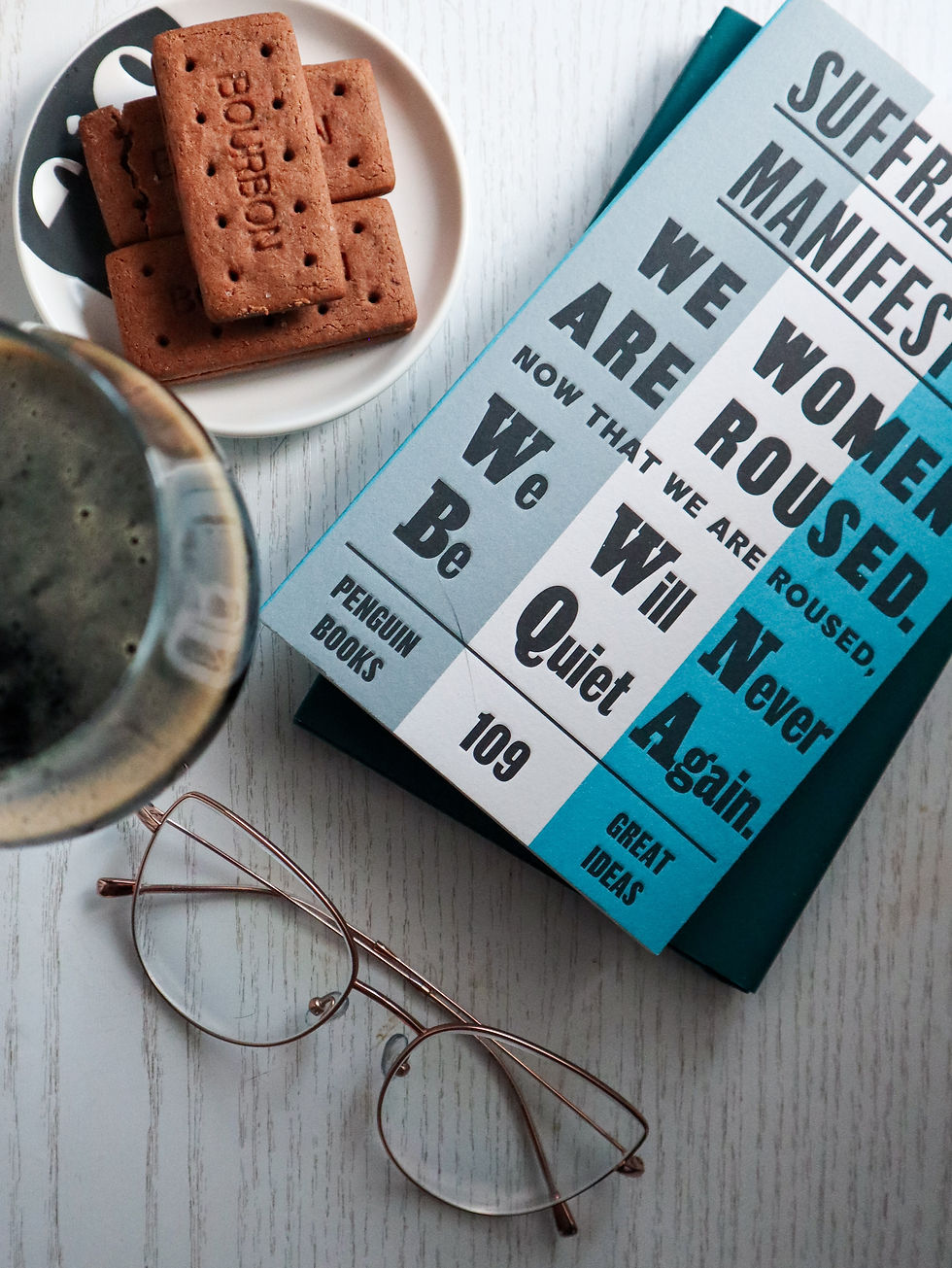In terms of how women have been portrayed in fiction throughout the years, is it fair to say that stories have let go of harmful stereotypes of them, or do these tropes persist to this day? To celebrate Women's Month, we want to talk about feminism in fiction and literary tropes centered on women as we cover the Creatinuum podcast episode "What Makes Fiction Feminist? Defining and Debunking Tropes Involving Women."

From femme fatales to manic pixie dream girls (MPDGs)—fiction, whether on paper or on the big/small screen, is filled with archetypes of women who serve the greater narrative or the development of the (usually male) protagonist rather than exist as dynamic characters themselves. This has been a recurring problem with regard to how women are largely portrayed in media as well as the impressions that young consumers—young girls—have of them. For instance, while the MPDG archetype no doubt passes "the vibe check" for readers of young adult (YA) fiction, her character development leaves a lot to be desired as this type of character tends to be "perfect to a fault."
On the subject of "perfect" characters, the Mary Sue has long been looked down upon by various audiences as a female character, usually the protagonist, who is "just too good to be true" and who rarely (if at all) possesses flaws or negative traits. More recently, however, it's come to light that this moniker has been thrown around to belittle female protagonists who have the same traits as their male counterparts by virtue of the former simply being women. Examples of this phenomenon include severe backlash from male fans targeted toward Brie Larson as Captain Marvel in the Marvel Cinematic Universe and Daisy Ridley as Rey in the latest Star Wars trilogy. Even YA characters such as Hermione Granger from the Harry Potter series and Katniss Everdeen from the Hunger Games franchise are not immune to this gross mislabeling by fans.
What could be arguably worse than when women hardly play a role in the narrative or when they are deemed too "flawless" to be believable or empathize with is when they are judged based primarily on their sexual appeal to men. Take the Madonna–whore complex, for example, wherein men classify women as only either virgin-level chaste (and thus "prudish" and should have more "experience") or sexually active (and thus "unclean" and should be "punished"). Either way, these poor women can't win; they would either be severely condemned for their "teasing"/"immoral" behavior or, worst of all, fridged (killed off just to motivate male characters to action).
Another common phenomenon is when two female characters with differing personalities are pitted against each other—e.g., "the blonde vs. the brunette"—yet thankfully, recent media have turned this trope on its head and had these women uplift each other in the end. See, for instance, Legally Blonde's Elle Woods and Vivian Kensington fighting for the same man but, eventually, acknowledging their strengths as lawyers in a male-dominated field and becoming good friends. See also the case of Wicked's Glinda and Elphaba starting off as embittered school rivals but later realizing that, despite their choosing opposite paths, they remain the best of friends and "have been changed for good." In such conflicts, rather than having one woman win over the other, there's always a chance that both parties can win.
So what can say about the direction in which tropes targeting women have taken in literature and generally in media? We're glad to see that more narratives featuring female characters who are flawed but worth rooting for and who are fighting for themselves and for fellow women rather than fighting over men are prominent nowadays (e.g., Rebecca Bunch in Crazy Ex-Girlfriend, the bridesmaids in Bridesmaids). Still, there's a lot of work to get done when it comes to not only criticizing outdated and derogatory female stereotypes but also properly educating audiences on media literacy with regard to women's treatment, portrayal, and much-needed empowerment in fiction. After all, what occurs in past and present narratives can carry over to how people treat women in real life, and women will benefit highly from people knowing that they're capable of great things—and much more.

Comments